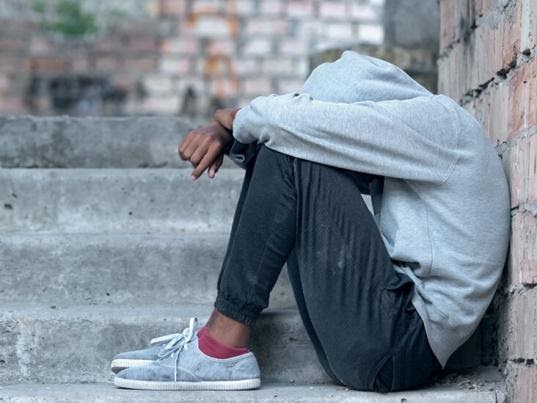Major depressive disorder is a severe mental health disorder that requires immediate attention. If left untreated, it can gradually take away your life. 
According to the World Health Organization, around 264 million from around the world suffer from depression. The alarming part of the story is that the given figure is rising by the day as depression is becoming more and more common.
In this article today, we’re going to cover major depressive disorder in detail. From its symptoms to its causes and treatment options, there’s so much to know.
Symptoms of Major Depressive Disorder
A lot of people confuse the symptoms of major depressive disorder with everyday life stress, even though depression is a lot more than that.
Another crucial thing is that the symptoms of major depressive disorder vary from person to person. Here we have a list of a few commonly experienced symptoms of major depressive disorder:
- Persistent feelings of sadness
- Loss of interest in everyday life activities
- Hopelessness and pessimism
- Body aches and fatigue
- Recurring digestive issues
- Binge eating or loss of appetite
- Insomnia or hypersomnia
- Suicidal thoughts or possible attempts
Diagnostic Criteria of Major Depressive Disorder
There’s a significant difference between clinical depression and everyday life stress. In order to diagnose you with major depressive disorder, you need to have at least five symptoms from the ones mentioned above. Your symptoms need to be present for at least two weeks for the official diagnosis.
Apart from that, psychomotor agitation, loss of energy, significant weight change, and diminished ability to concentrate or think straight are a few other symptoms that indicate clinical depression.
Causes of Major Depressive Disorder
Just like the symptoms, the causes of major depressive disorder are also different for different people. In fact, there’s no single cause for the issue.
The following are a few common causes behind major depressive disorder:
- Loss of a loved one
- Financial crises or loss of a job
- Family conflict
- Physical and mental abuse
- Age or gender issues
- A side effect of certain medications
Other than the ones mentioned above, depression can also be a result of an underlying disease. It is precisely why depression is common among cancer patients.
Treatment of Major Depressive Disorder
What’s the common treatment of major depressive disorder? Psychiatrists usually recommend taking a course of antidepressants in combination with benzodiazepines when treating clinical depression.
Yes, antidepressants are quite effective, but they have side effects, too. Thus, a lot of people avoid taking them. Still, there’s nothing to worry about as there are numerous other ways to treat the major depressive disorder, including:
Counseling: A counselor from a place like Counselling Kingston can help you identify, re-frame, and access solutions that feel doable to you. No matter where you are or how far you feel you have to go, a counselor can help you where it is needed
Herbs and Plants: A number of herbs and plants work well for the treatment of clinical depression as they bring along strong healing properties. You can buy shrooms, ashwagandha, kava kava, and purple space cookies for fruitful results.
Exercise: Lifestyle rehabilitation is of utmost importance. Decreased physical activity is also one of the reasons behind depression. Thus, it’s recommended to add exercise to your daily routine if you wish to speed up the recovery process.
A Balanced Diet: Your diet plays an active role in your physical and mental wellbeing. Henceforth, it’s crucial to maintain a balanced diet that’s rich in protein, vitamins, and minerals. It’s time you cut the added sugar and carbs loose.
Journal writing: Writing how you feel helps take off the weight on your shoulder. If you happen to have chronic stress or depression, start writing a journal. Talk to yourself to get rid of the stress and anxiety.
Relaxation Techniques: Several relaxation techniques, such as guided imagery, therapeutic role play, tai chi, and music therapy can help successfully combat the symptoms of depression. They will not just uplift your mood but significantly release stress as well.
Appropriate Sleep: Lack of sleep can make matters worse if you’re suffering from depression. Insomnia is something that can lead a depressed person to suicide. Therefore, you must take care of your sleep cycle. 7-8 hours of everyday sleep is recommended for healthy living.
The Takeaway
Last but not least, you must not panic. Depression isn’t something incurable. With the right medication and lifestyle changes, you can easily keep depression at bay. Just be sure to be consistent in what you choose, and you’ll see improvement in less than no time. I wish you healing!
Related Posts: